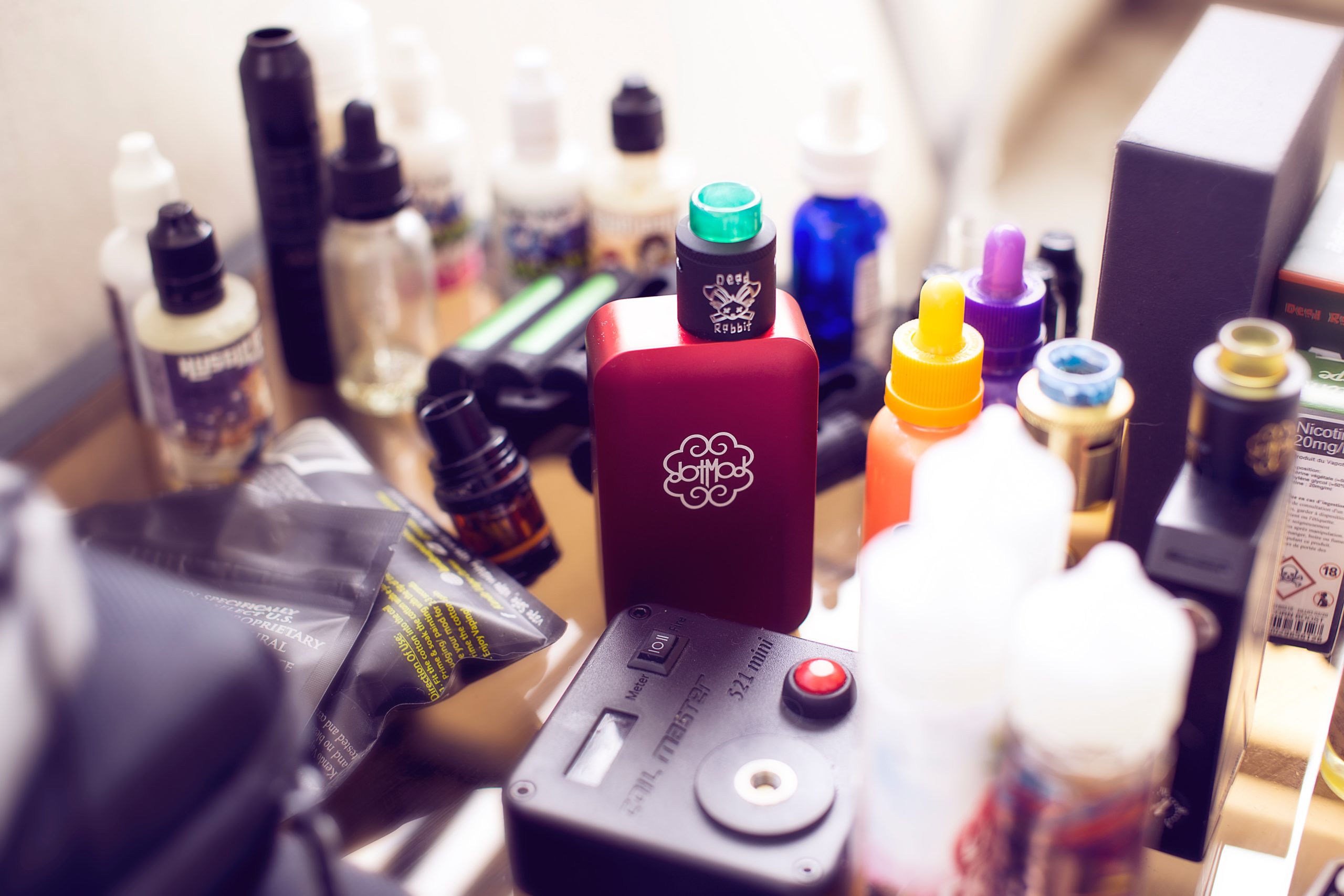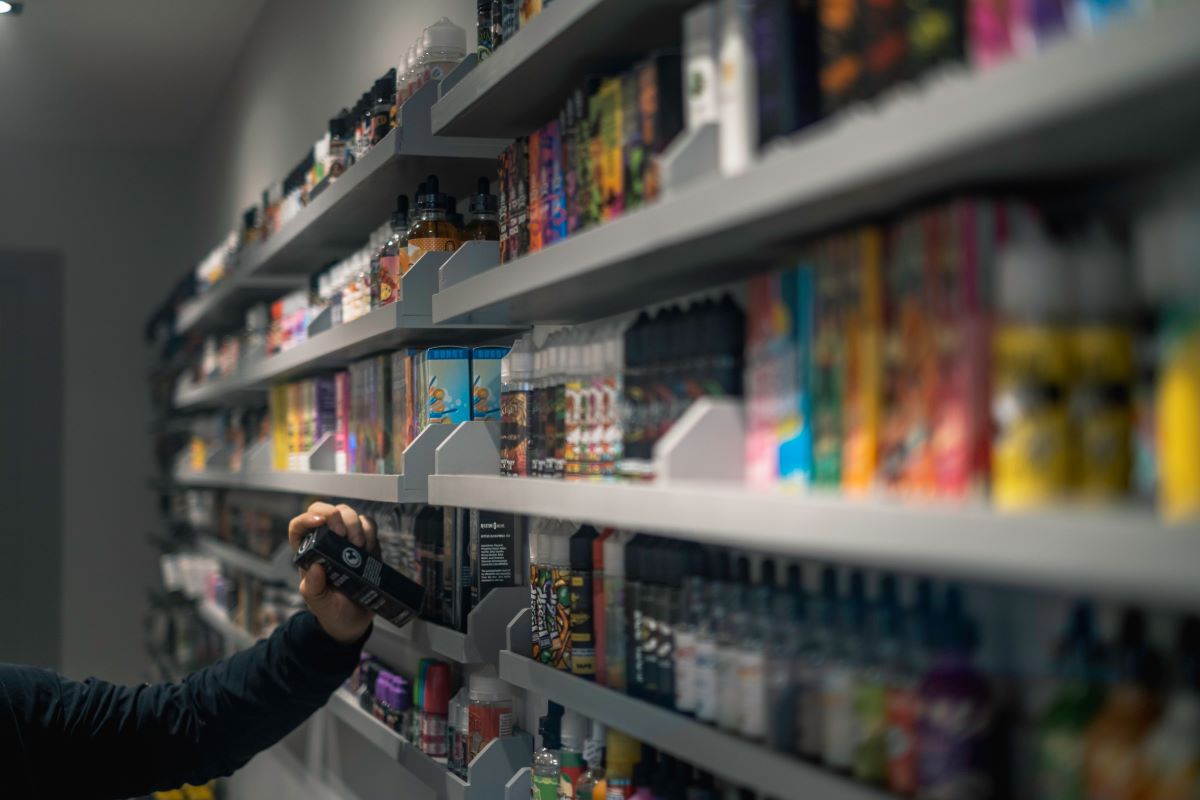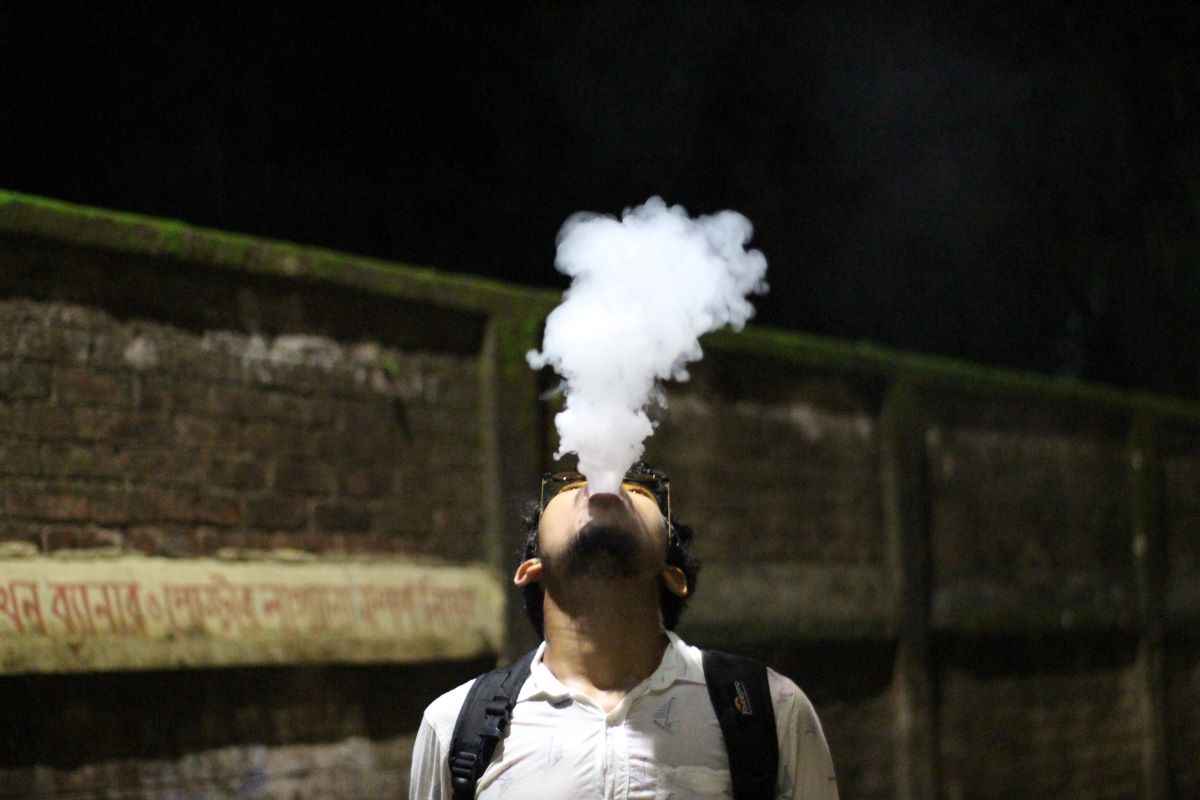Vaping Should Be Legalised With Appropriate Regulations In Place
This piece is part of MS Speaks, a segment in which MS News reporters share their honest views on current affairs and trending topics.
Vaping has become quite an issue in Singapore, with recent reports of 800 students being caught for vaping offences in 2022 according to The Straits Times (ST).
This includes primary school-going kids who go so far as to hide their devices in the classroom ceilings or behind the mirrors in toilets to avoid being caught during checks.
This number may seem small, but this is simply just the known cases.
What’s more, although vaping is illegal here right now, users are still getting their hands on the devices.
In order to curb these existing issues, one school of thought is to legalise vaping.
Legalising vaping could potentially deter underage users
Before you get all up in arms, the point of legalising is not to encourage people to vape.
On the contrary, it might be a way to stomp out the issue of underage users. Treating vapes the same way we treat cigarettes, for example, would be a good start.
In Singapore, individuals have to be at least 21 years old to purchase cigarettes. Underage offenders are liable to a S$300 fine.
However, those who are caught selling any tobacco products to an underage person can be fined up to S$5,000.
This is as per the country’s Tobacco (Control of Advertisements and Sale) Act 1993.
Hence, while cigarettes are legal here, there are still strict regulations that discourage and control the supply.
Just like cigarettes, vapes dispense nicotine which poses health risks to both adults and adolescents, making it an urgent public issue.

Source: Antonin FELS on Unsplash. Image for illustration purposes only.
There have also been horror stories of young children suffering from the effects of vaping.
Last month, doctors put a 12-year-old Irish girl in an induced coma as her lungs were too weak from vaping.
Aside from the obvious health impacts, these youths are simply not mature enough to be making decisions about consuming substances such as nicotine.
Once they are adults capable of making their own decisions on how they want to live their lives, vaping could possibly be treated like other vices — discouraged and controlled, but not prohibited.
Reduce the potential of black market products
Controlling and regulating vape products is also important so that the products are safe to consume.
Safe doesn’t mean healthy — it mostly refers to passing safety checks so they don’t malfunction or contain any unknown substances.
In 2018, a man’s vape exploded as he was using it, and the following year, a Texas man died from a similar freak accident.
Poorly made devices make vaping an even more harmful habit than it already is.
What’s more, the black market for vapes may even attract youths looking to make a quick buck.

Source: E-Liquids UK on Unsplash. Image for illustration purposes only.
The Health Science Authority (HSA) convicted 17 persons in 2022 for selling vapes online, some of them as young as 20 years old.
With social media and e-commerce platforms the norm nowadays, these products are even more accessible.
If vaping can be legalised, authorities would also be able to conduct safety checks to approve brands and products.
This may alleviate some of the problems that arise from counterfeit products being sold and consumed.
Legalising vaping is a way to control the situation
Currently, the authorities are attempting to shut down the vaping issue both via raids as well as softer approaches.
The recent “Drop it, Stop it” anti-vape campaign, for example, encourages individuals to voluntarily surrender their devices.
In exchange, they get a $30 gift voucher and will not be penalised for owning a vaping device.
While such initiatives empower those who want to quit vaping, it doesn’t address those who have no intention to.
Those who want to do it will find a way to obtain these products, legal or not.
These youths, some of them pre-pubescent, may not even be fully aware of what they’re doing to themselves.

Source: Shurov on Unsplash. Image for illustration purposes only.
However, by legalising vaping with the appropriate regulations, it might contain the problem of underage vaping.
This is not to say that all the problems will disappear with legalisation.
We should still keep up efforts to educate and dissuade the use of vapes like tobacco consumption is being handled right now.
For example, imposing a vape tax could be a further measure to help dissuade people from vaping.
A higher price tag would be a hindrance to most youngsters strapped for cash.
Controls on the nicotine levels in the pods may also be another viable route to help curb the addiction without cutting current users off cold turkey.
Banning hasn’t worked out, it’s time to try other approaches
If you’re familiar with the phrase “strict parents create excellent liars” then you’ll get where I’m going with this.
Outrightly banning vapes and their products is incredibly hard to enforce completely. There will be those who find a way to circumvent the laws.
Whether we like it or not, vapes have infiltrated our shores.
To get a hold on matters, it may be necessary to come up with alternative approaches other than prohibition.
Education and specifically, regulation, could be the tools to allow authorities to improve the situation.
Note: The views expressed within this article are the author’s own.
Have news you must share? Get in touch with us via email at news@mustsharenews.com.
Featured image adapted from NPR for illustration purposes only.

Drop us your email so you won't miss the latest news.










